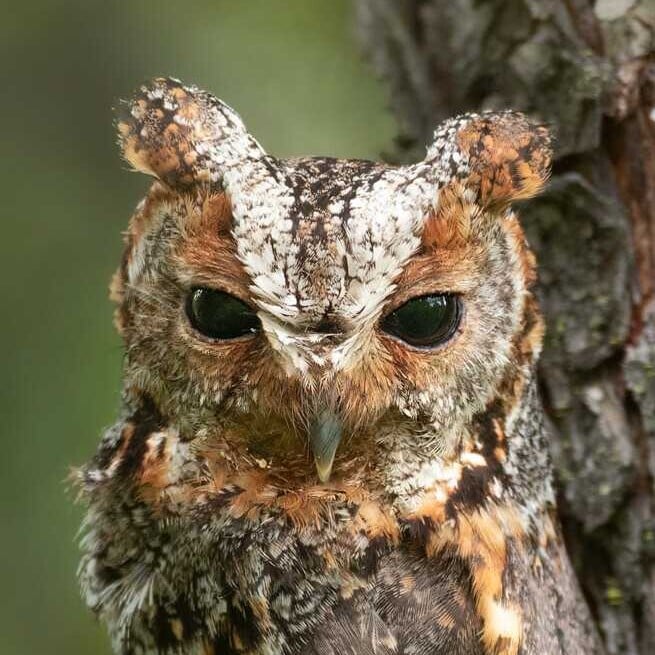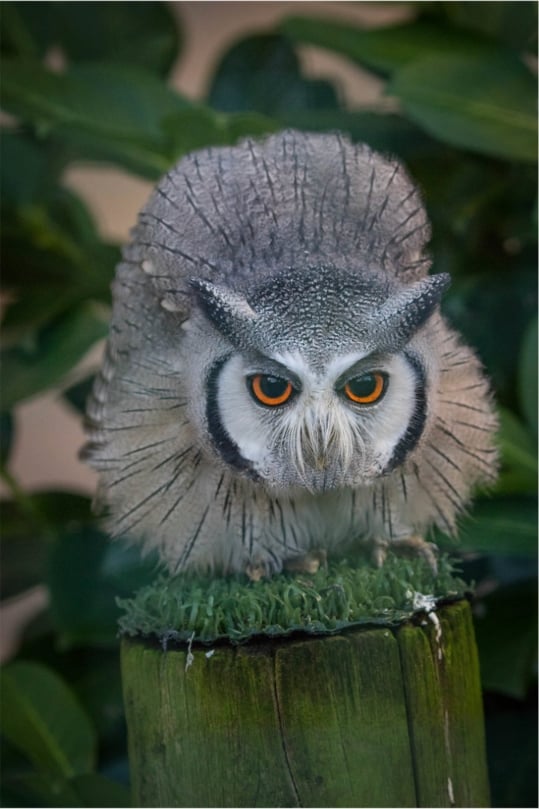EDIT: Everything is posted now, so I’ll respond to any questions I can answer for you now. Enjoy, and I hope you learn some new things!
Went to a bird banding event held by Wildlands Conservancy last night. Unfortunately this year has been a bit of a poor showing due to the warm weather, and we didn’t end up with any owls.
There was still a great presentation on the owls of Pennsylvania and the bird banding process. We did get to meet some of the educational owls and handle some nice examples of things being discussed.
I got some time to talk to the guy running the banding and the lady running the animal education part of things and got some of my questions answered. I’ve been becoming really interested in learning more of the regulatory side of things. There is a real web of agencies that govern how wildlife can be handled.


This is a foot of a Great Horned Owl. I feel my have in the pic doesn’t do the foot justice. I’ve measured my hand for reference and from wrist to middle finger tip, it’s 8 inches or 20 cm, so you can use that to gauge the size of the things I’m holding, if that helps.
While my hand is bigger, the owl would be many times more powerful in grip strength, probably 4x as strong as me due to way their tendons are structured. This bit of anatomy is one of their most crucial to survival.
Owls attack prey feet first to protect their face and the feet have both the sharp talons and grippy surface to grab on, and then this strong tendons will crush what they get a hold of, breaking the spine of the prey.